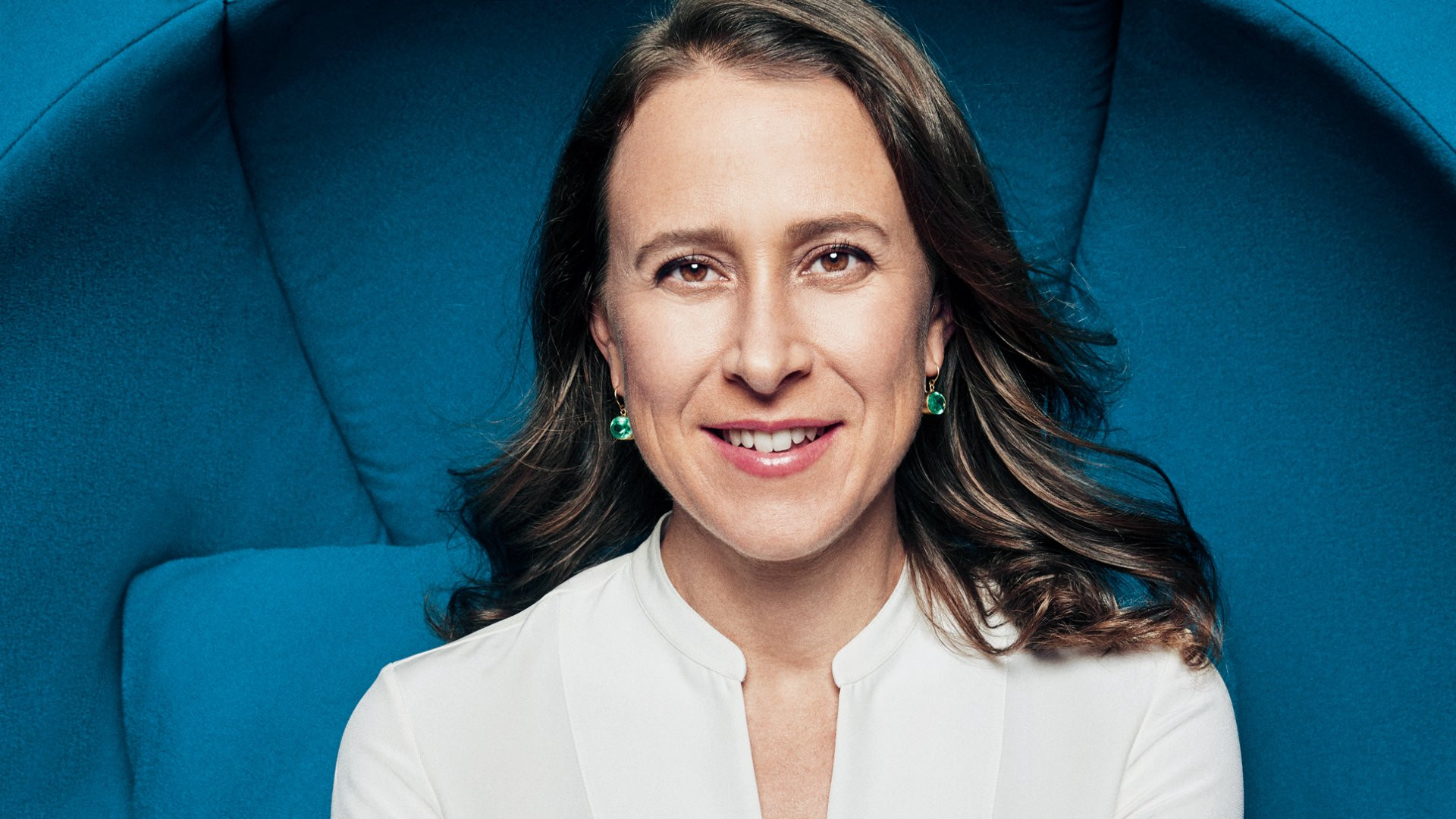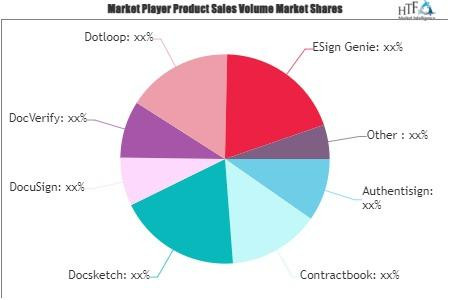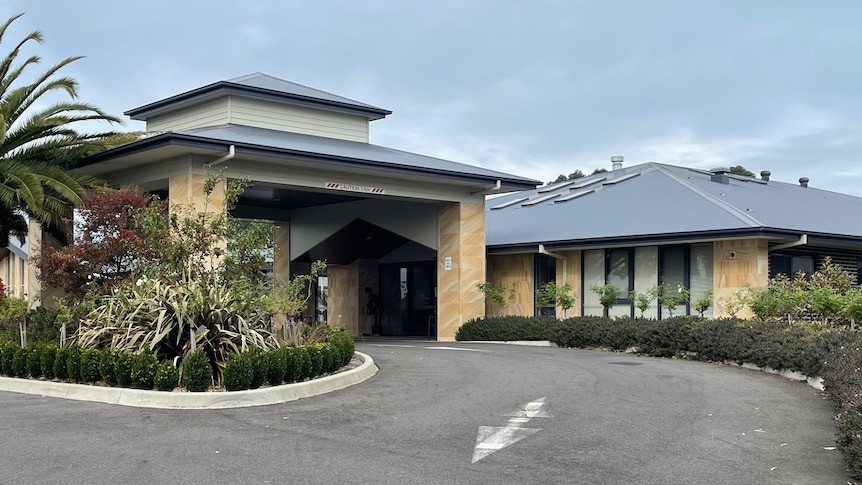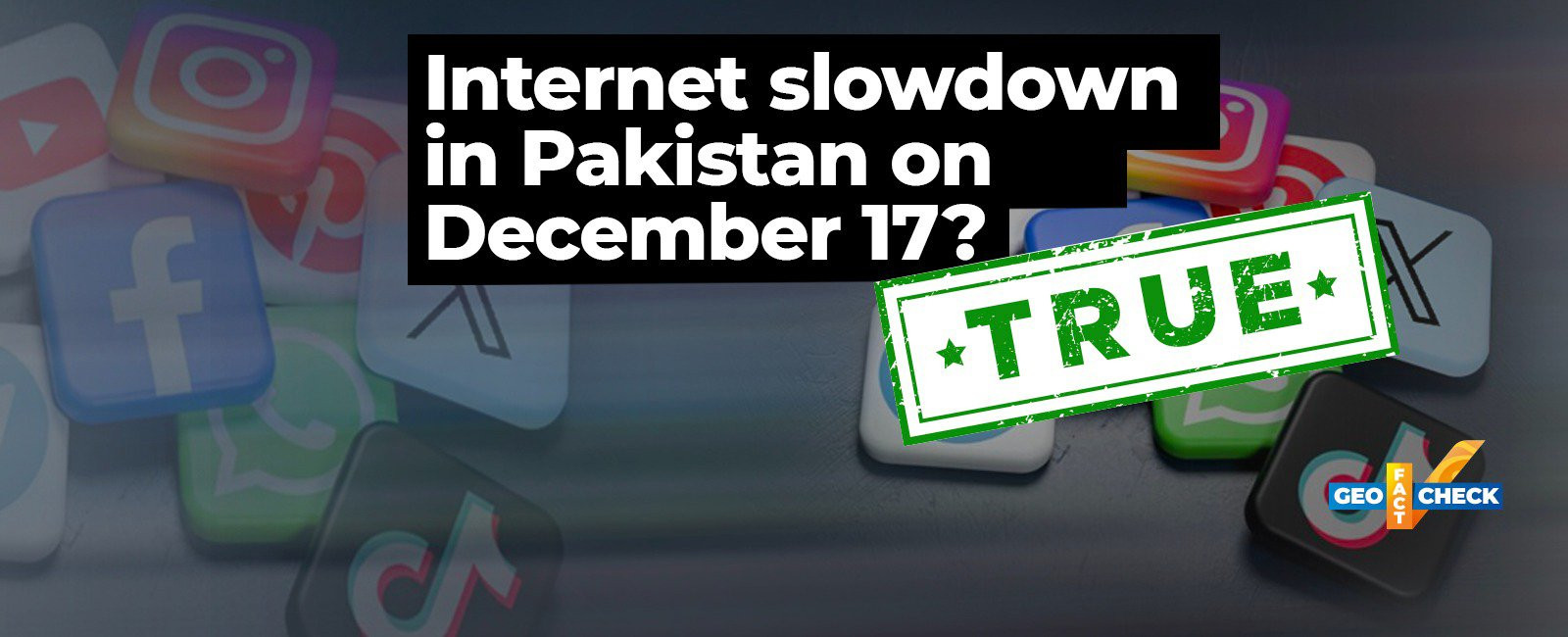Following a monthslong battle over CEO Anne Wojcicki’s plans to take 23andMe private, all seven members of its board resigned en masse Tuesday. The move is almost certainly the final nail in the coffin for the embattled company known for its mail-order DNA-testing kit. Since going public via merger with a special purpose acquisition company (SPAC) in 2021, 23andMe has never turned a profit. Its price on IPO day was $10; so far in 2024, it has yet to reach a $1 valuation. Following the resignation of all its independent directors Tuesday, the stock fell to its rock bottom: $0.30. (As of midday Wednesday, it’s back to $0.36.)
The board includes Sequoia Capital’s Roelof Botha as well as Neal Mohan, who took the helm as CEO of YouTube last year after Susan Wojcicki, Anne’s late sister, stepped down.
“After months of work, we have yet to receive from you a fully financed, fully diligenced, actionable proposal that is in the best interests of the non-affiliated shareholders,” Botha, Mohan et al wrote in a letter addressed to Wojcicki. “While we continue to wholeheartedly support the Company’s mission and believe deeply in the value of the personalized health and wellness offering that you have articulated, it is also clear that we differ on the strategic direction for the Company going forward.”
Due to that difference—and the fact that Wojcicki controls 49% of 23andMe votes—they resigned. Wojcicki is now the only board member left.
In an internal memo Wojcicki circulated shortly after the mass resignation, she said the decision left her “surprised and disappointed.” But despite the pressure, she’s bullish on taking the company private, saying it’s “still the best plan for the company.” She’s now “immediately” on the hunt for new independent directors who support that plan, and said more updates would follow on Thursday.
23andMe's Struggles
The company has been flailing this year. Last month, in a recent bid for cash, it began writing prescriptions for GLP-1 weight loss drugs like Ozempic and Wegovy through its telehealth subsidiary, Lemonaid Health.
It’s not enough. DNA test sales have dropped off, a research collaboration with GlaxoSmithKline concluded last year, and a recent data breach impacted nearly 7 million customers, which led to a rush of lawsuits and a $30 million settlement. Once valued at $3.5 billion, 23andMe’s market cap now hovers below $200 million.
Nonetheless, the drug development and genetic sequencing that the firm has been throwing its weight behind will eventually bear fruit, Wojcicki told CNN in February. “The vision and where we’re going is solid, but the path to get there is more turbulent.” Unfortunately, the board is no longer willing to stay the course.
Why the Board Resigned
The independent directors of the genetic testing firm said in a letter posted Tuesday that they were quitting the company’s board after not receiving a satisfactory buyout offer from the CEO, Anne Wojcicki.
In a memo to employees reported by the Wall Street Journal, Wojcicki responded: “I am surprised and disappointed by the decision of the directors to resign.” She maintained that taking the company private was still its best strategic option and said she would conduct a search for new board members.
Wojcicki, who has been trying to take the company private since April, had proposed to acquire all outstanding shares of 23andMe not owned by her or her affiliates for $0.40 a share in July. She controls 49% of voting shares in the company.
The Rejected Buyout Proposal
A special committee formed by the company rejected the proposal, deeming it insufficient and not in the best interest of the non-affiliated shareholders. They also said the special committee was unwilling to consider further extensions and that the company’s board agrees with it.
“That we have not seen any notable progress over the last 5 months leads us to believe no such proposal is forthcoming,” the directors added. Earlier this month, Wojcicki said she would be open to considering third-party takeover proposals for the company.
23andMe’s share price fell to a new low of $0.30 in response to the board’s mass resignation, bouncing back to $0.35 the next day. According to WSJ, the company is now worth less than the cash it has in its reserves. Financial publications have taken to calling 23andMe a penny stock.
23andMe's Future is Uncertain
23andMe, best known for its saliva-based test kits that offer users a glimpse into their genetic ancestry, went public in 2021. Since then, it has never turned a profit, and the company is in danger of burning through its cash reserves entirely by next year. Throughout 2023 and 2024, 23andMe has also struggled with the fallout from a disastrous hack that saw the personal information of nearly 7 million users stolen.
With the board gone, the company’s future is now squarely in Wojcicki’s hands. It remains to be seen if she can turn the company around and find new investors who are willing to support her vision of taking 23andMe private.

















